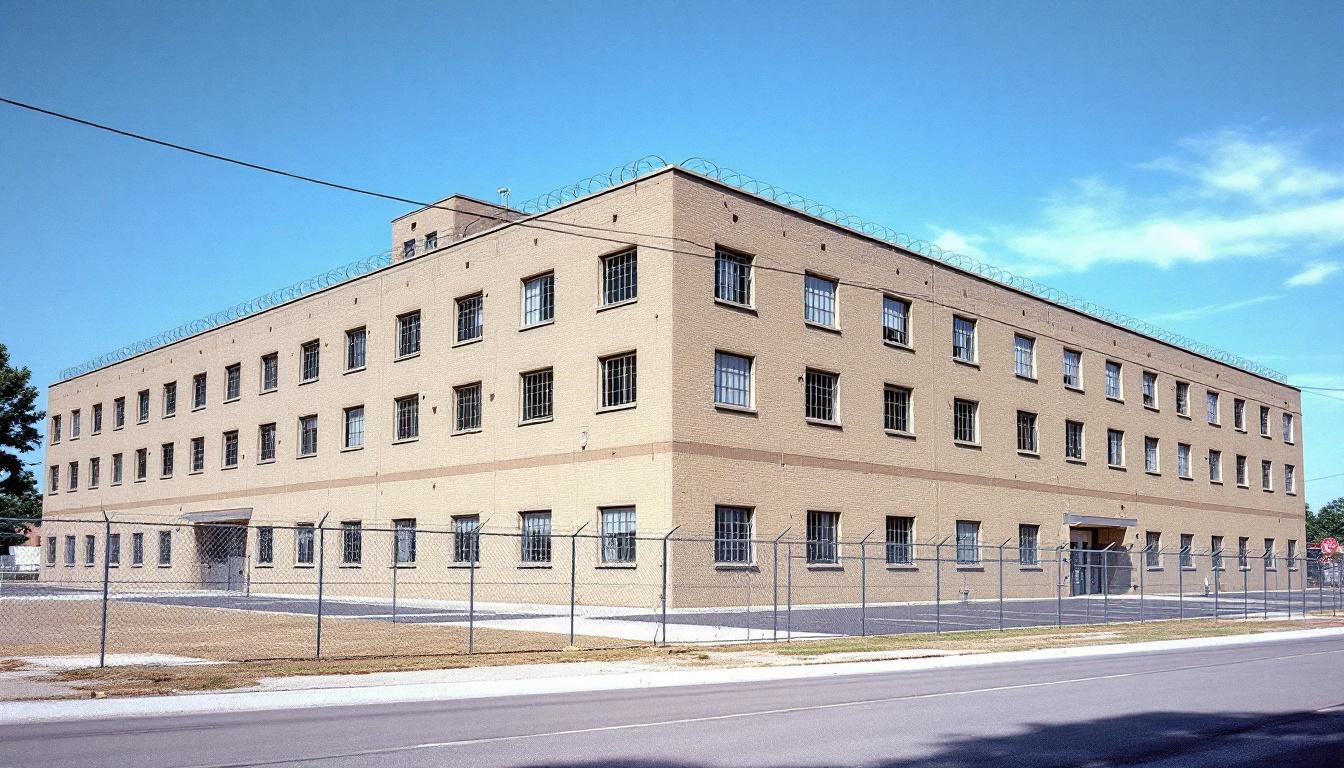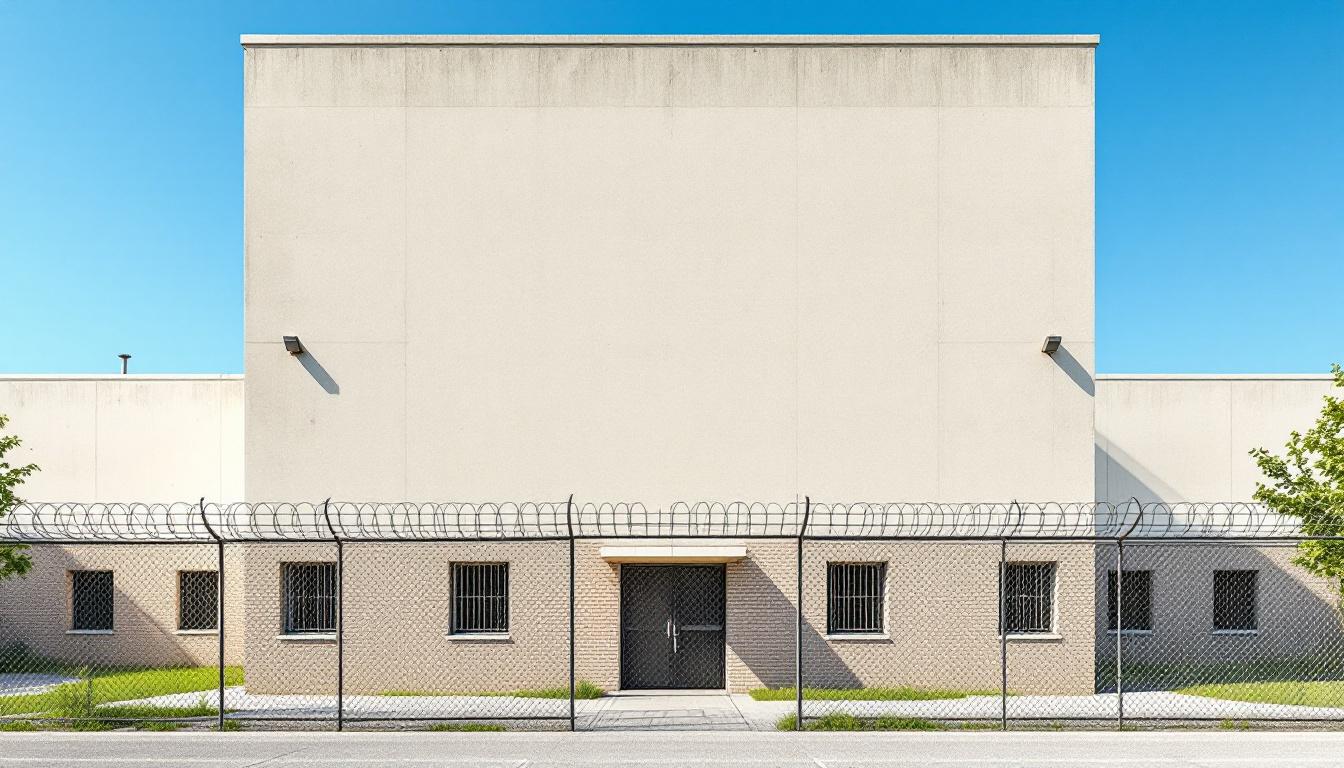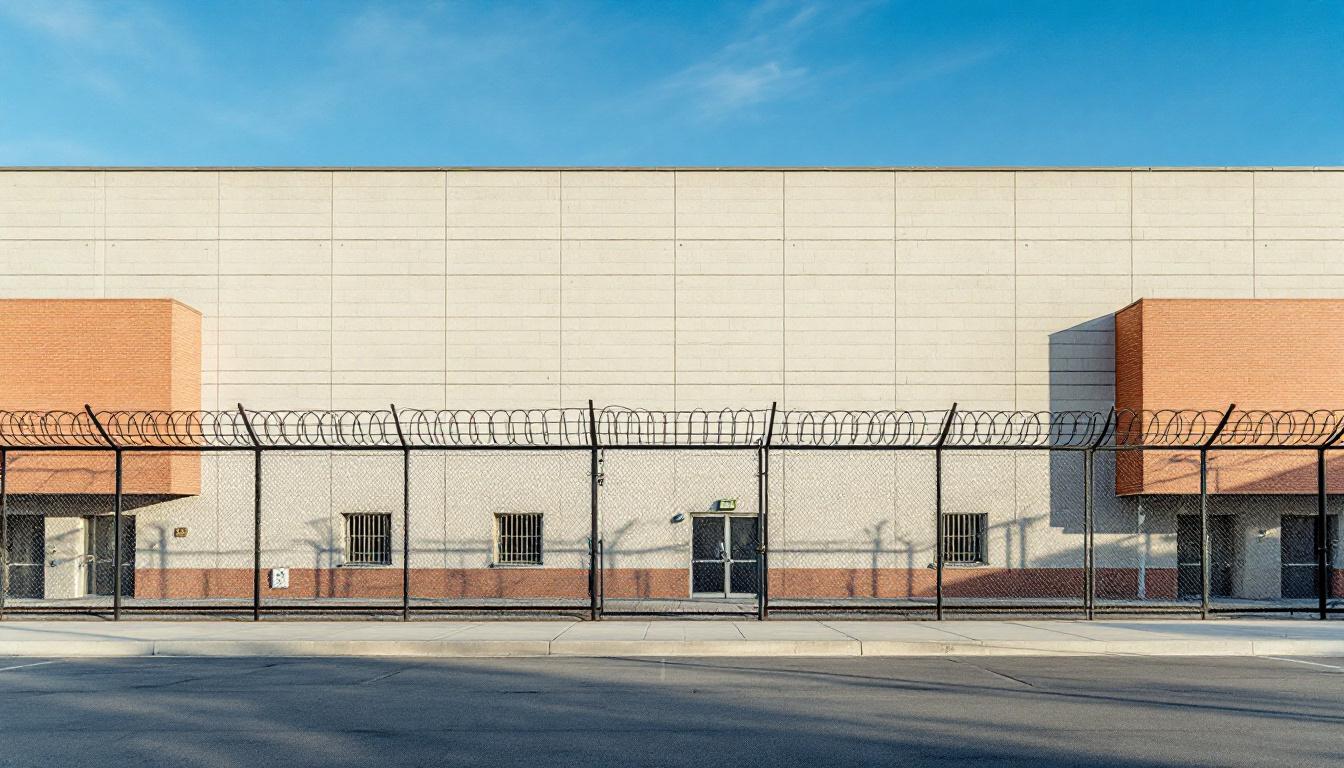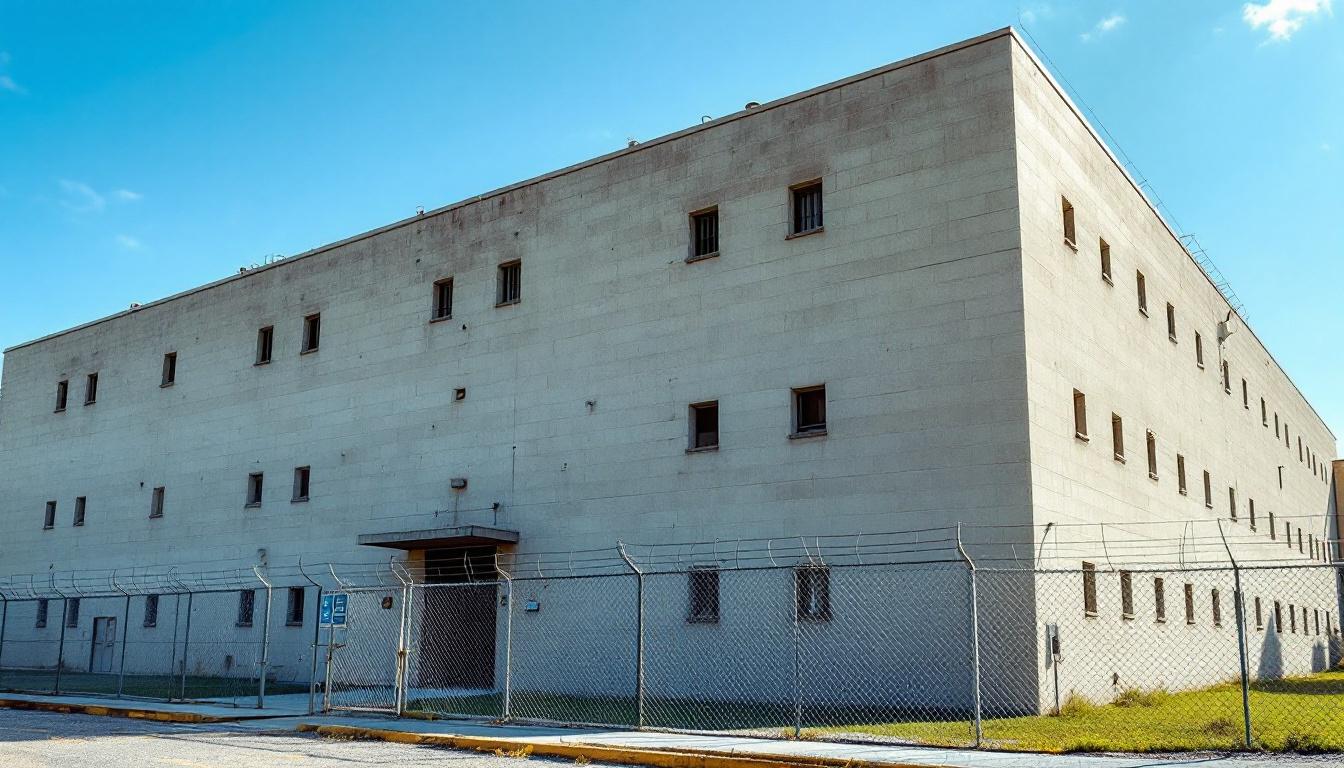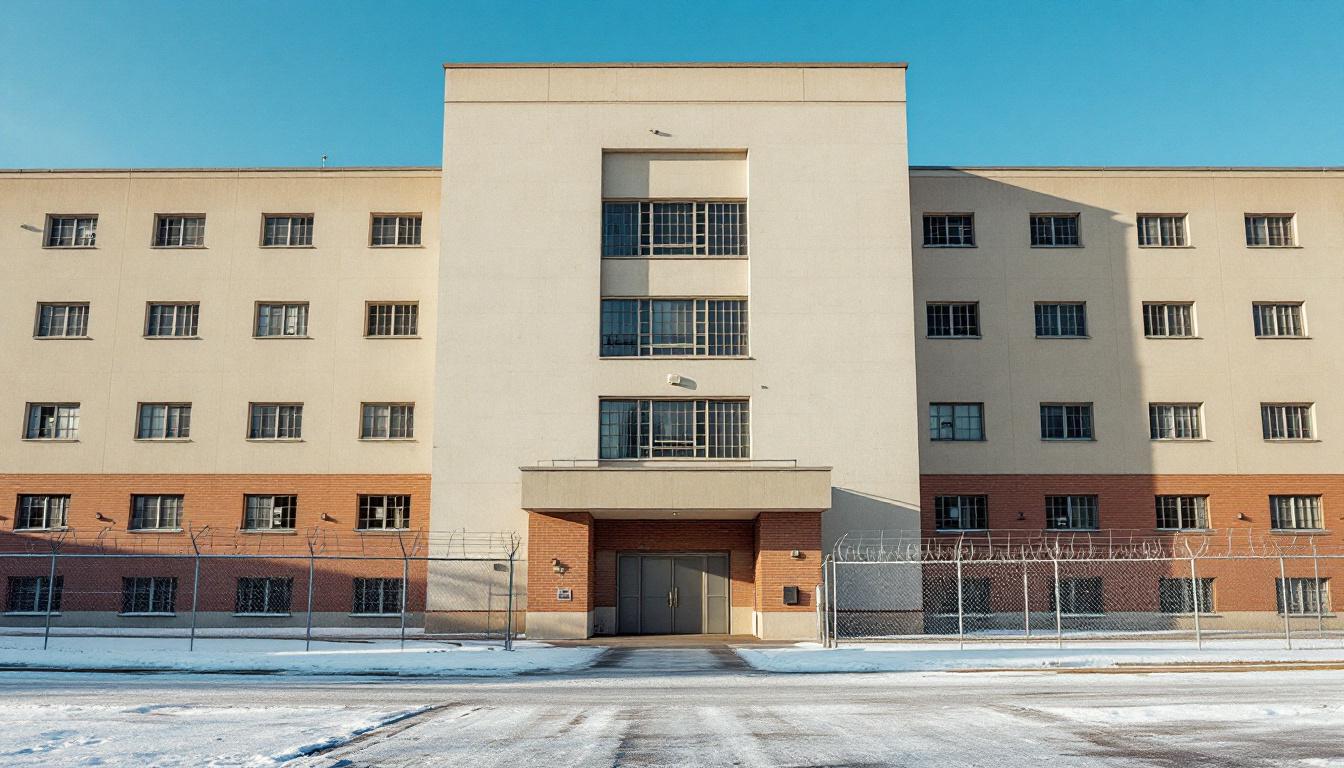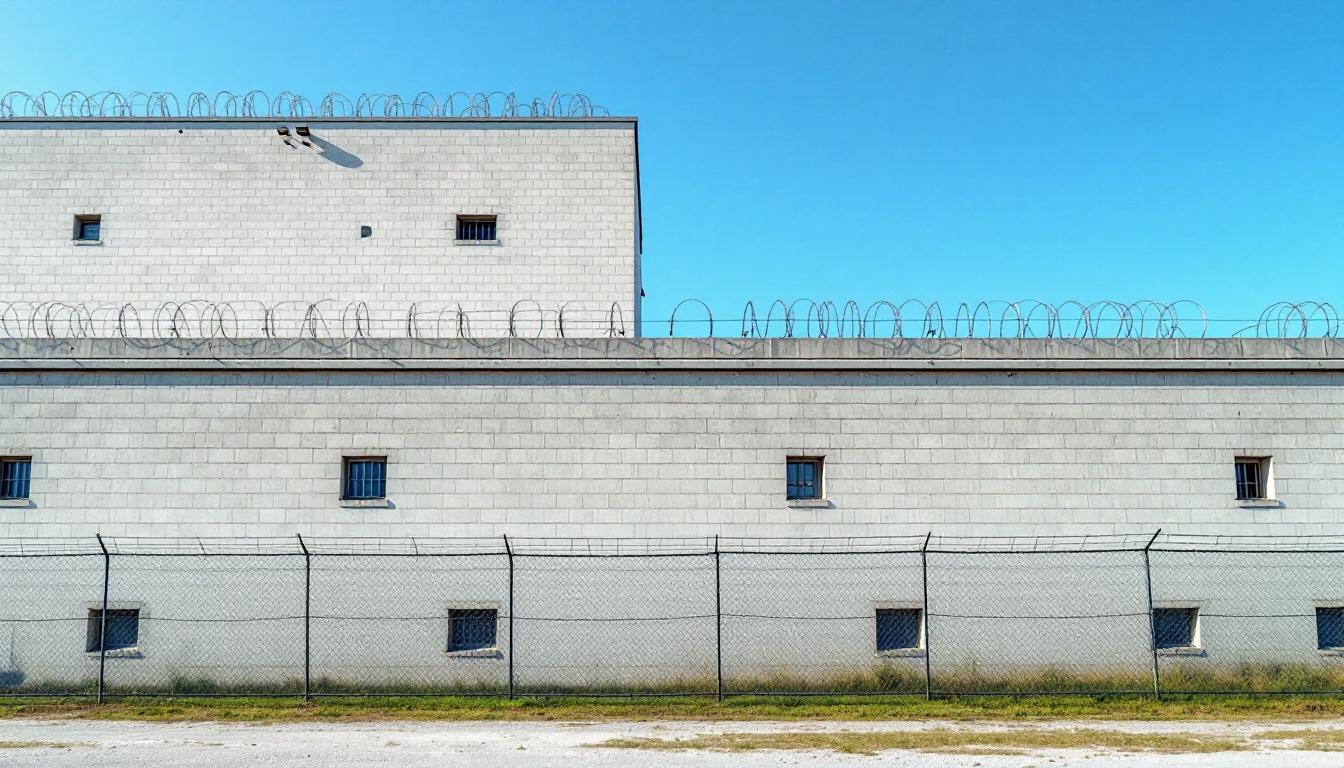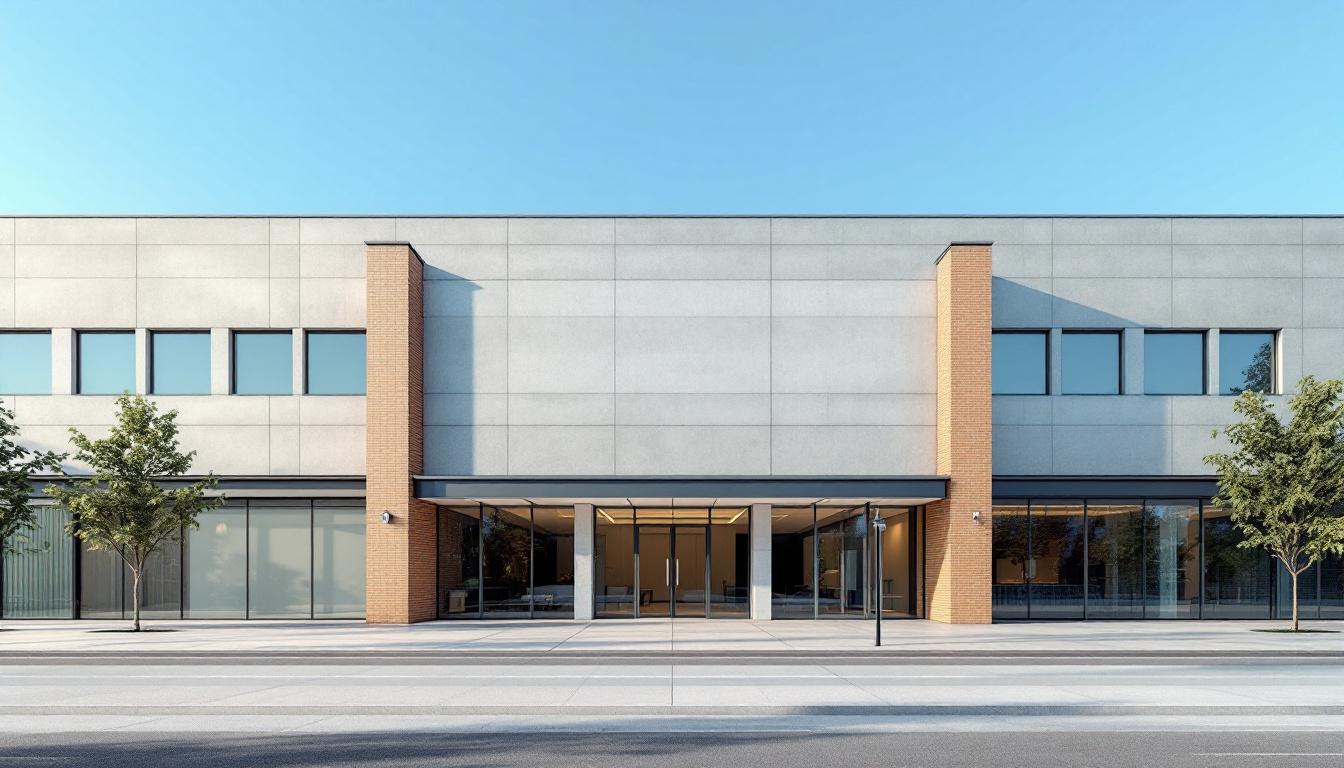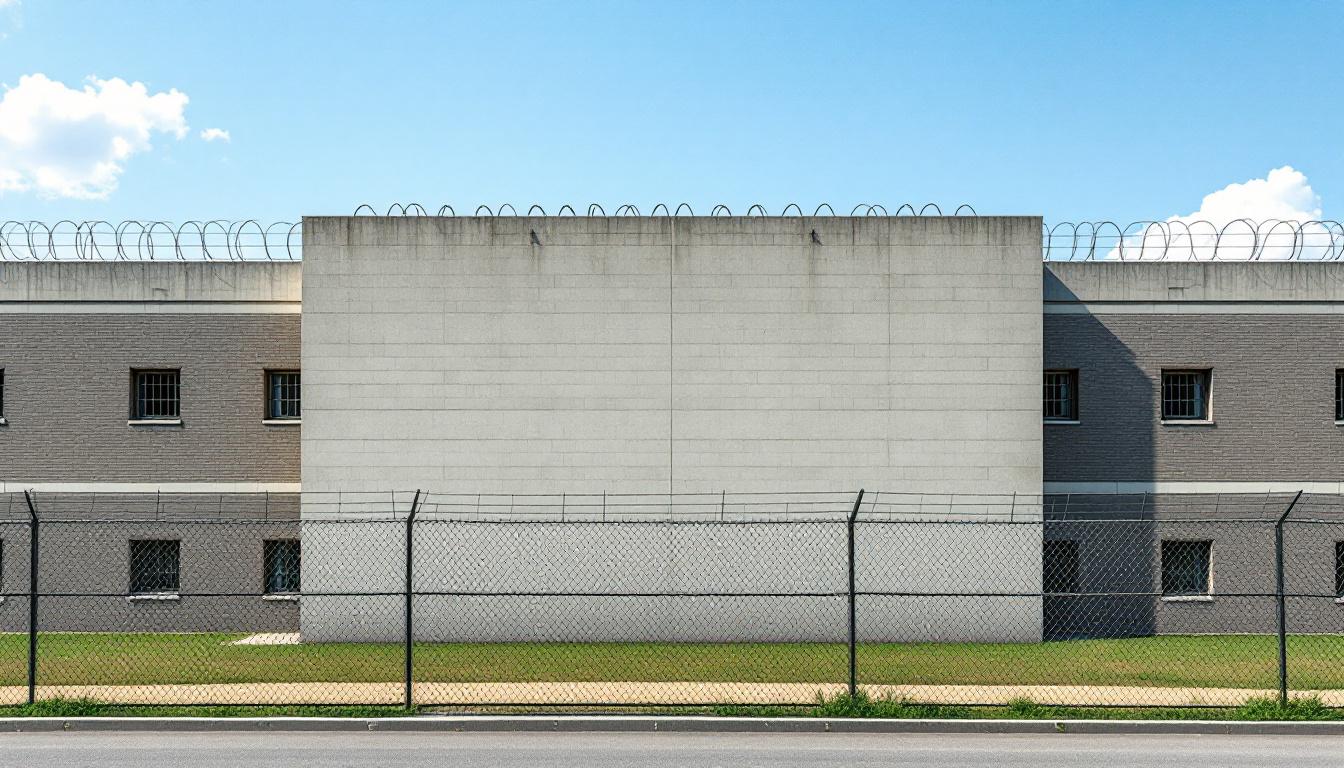
Quick Navigation
How to contact an inmate at Saline County Sheriff's Office
This comprehensive guide will walk you through how to connect with an inmate at Saline County Sheriff's Office. Follow the steps below to find an inmate and send letters and photos:
- Search for the inmate using our search tool below
- Create your account or log in to Penmate
- Write your message (up to 6,000 characters)
- Send instantly - inmates receive printed copies daily
Find an Inmate
Search for an inmate to start communicating today
Tip: You can search by first name, last name, or inmate ID number
To contact a person at Saline County Sheriff's Office start by searching for the person on the official facility website. Perform a search by following these steps:
- Step 1: Enter their first name and last name into the search form and click "Search"
- Step 2: Locate their inmate record
- Step 3: Write down their Inmate ID and any housing information provided
Important! Be sure to enter the person's full name. Nicknames should not be used.
How to Send Messages to Inmates

You can use your phone or computer to send emails, letters, and photos to an inmate. Messages are sent electronically to inmate tablets or kiosks at the facility. If you would like to send a message, start by searching for an inmate at Saline County Sheriff's Office.
Sending Photos and Postcards

A great way to send love and support to a loved one at Saline County Sheriff's Office is to send photos and postcards. It only takes a few minutes to send photos from your phone and it makes a huge difference. You can also mail postcards with words of support and inspiration, or design your own postcard for special moments like birthdays and holidays.
Important! Be sure not to send any explicit photos or they may not be approved by the facility. You can also use a photo printing app like Penmate to make sure your photos are printed at the correct size (4x6 or 3x5) and are mailed according to the rules and regulations of Saline County Sheriff's Office.
Frequently asked questions about Saline County Sheriff's Office
-
How long does it take to deliver a message?
If you're sending an email message your letter is usually delivered within 24-48 hours. For messages sent via mail you should expect delivery within 3-7 days. All messages will need be approved by Saline County Sheriff's Office.
-
How much does it cost to send a message to Saline County Sheriff's Office?
You can send a message free using your phone or mail a message via USPS for the price of a $0.60 stamp and envelope. You can also purchase credits or e-stamps from services starting at $1.99.
-
What services can I use to contact an inmate at Saline County Sheriff's Office?
Penmate
You can use Penmate to send letters and photos to an inmate from your phone. It's an easy way to stay in touch during your loved one's incarceration. Use the inmate locator to find an inmate's location and contact information, then you can send messages within a few minutes.
Securus messaging
Securus may be another option for communicating with an inmate at Saline County Sheriff's Office. You can create a friends and family account and purchase credits to send messages. All messages will be reviewed and must be approved by the facility.
JPay
Some county jails and state prisons may support sending messages with JPay. You must register an account with the system, find your loved one, and purchase stamps to send messages. For some locations you can also attach photos.
Smart Jail Mail
You may also check if Smart Jail Mail is available at Saline County Sheriff's Office. Smart Jail Mail is operated by Smart Communications and has contracted with some state and county jails. After purchasing credits, your messages and photos are sent to the facility, printed out, and then handed out to your loved one.
-
What is the mailing address of Saline County Sheriff's Office?
Mailing address:
Saline County Sheriff's Office
251 N Tenth St
Salina, KS 67401
Phone: (785) 826-6500Business hours:
- Monday: Open 24 hours
- Tuesday: Open 24 hours
- Wednesday: Open 24 hours
- Thursday: Open 24 hours
- Friday: Open 24 hours
- Saturday: Open 24 hours
- Sunday: Open 24 hours
-
What are the visiting hours at Saline County Sheriff's Office?
Visiting hours at Saline County Sheriff's Office vary by housing unit and security level. Generally, visits are scheduled on weekends and holidays, with some facilities offering weekday visits. Contact the facility directly at (785) 826-6500 or check their website for the current visiting schedule. Visits typically last 30-60 minutes and must be scheduled in advance.
-
What items are prohibited when sending mail to Saline County Sheriff's Office?
Prohibited items typically include: cash, personal checks, stamps, stickers, glitter, glue, tape, staples, paperclips, polaroid photos, musical or blank greeting cards, hardcover books, magazines with staples, and any items containing metal or electronics. Only send letters on plain white paper with blue or black ink. Photos must be printed on regular photo paper (no Polaroids). Always check with Saline County Sheriff's Office for their specific mail policies.
-
How do I send money to an inmate at Saline County Sheriff's Office?
You can send money to an inmate at Saline County Sheriff's Office through several methods: 1) Online using JPay, Access Corrections, or the facility's approved vendor, 2) Money orders mailed directly to the facility with the inmate's name and ID number, 3) Kiosks located in the facility lobby, or 4) Over the phone using a credit or debit card. Fees vary by method, typically ranging from $2.95 to $11.95 per transaction.
-
Can I schedule a video visit with an inmate at Saline County Sheriff's Office?
Many facilities now offer video visitation as an alternative to in-person visits. At Saline County Sheriff's Office, video visits may be available through services like Penmate, Securus Video Connect, GTL, or ICSolutions. Video visits typically cost $10-20 for 20-30 minutes and must be scheduled in advance. You'll need a computer or smartphone with a camera and reliable internet connection. Contact the facility for their specific video visitation policies and approved vendors.
-
What identification do I need to visit an inmate at Saline County Sheriff's Office?
All visitors must present valid government-issued photo identification such as a driver's license, state ID, passport, or military ID. Minors must be accompanied by a parent or legal guardian who can provide the minor's birth certificate. Some facilities require visitors to be on the inmate's approved visitation list, which may require a background check. Contact Saline County Sheriff's Office for specific ID requirements and visitor approval procedures.
-
How can I find out an inmate's release date?
To find an inmate's release date at Saline County Sheriff's Office, you can: 1) Use the online inmate search tool if available, 2) Call the facility's records department, 3) Contact the inmate's case manager or counselor, or 4) Have the inmate provide this information during a call or visit. For privacy reasons, some facilities only release this information to immediate family members.
Facility Overview
Contact Information
Saline County Sheriff's Office251 N Tenth St
Salina, KS 67401
Phone: (785) 826-6500
Official Website

About Saline County Sheriff's Office
Nestled within the agricultural heartland of Seminole, Kansas, the Saline County Sheriff Office, KS operates as a vital component of the region's public safety infrastructure, serving residents across this close-knit Midwest community. The facility's strategic positioning in Seminole allows it to maintain strong connections with local organizations, faith-based groups, and educational institutions that typically collaborate to support comprehensive rehabilitation efforts. This KS correctional facility draws upon the inherent values of rural Kansas communities—emphasizing personal accountability, community support, and practical skill development—to create an environment where residents services extend beyond basic custody to include meaningful preparation for successful community reintegration.
The correctional facility typically offers programming that reflects the practical needs of individuals returning to small-town and rural environments throughout the Midwest region. Educational opportunities may include basic literacy instruction, GED preparation, and vocational training programs that align with local employment sectors such as agriculture, manufacturing, and service industries. Community partnerships often facilitate access to substance abuse counseling, mental health services, and job placement assistance, recognizing that successful rehabilitation frequently depends on addressing underlying challenges while building practical skills. The facility's approach to residents services generally emphasizes personal responsibility and community connection, values that resonate strongly within Kansas's cultural landscape and support long-term positive outcomes for both individuals and the broader Seminole community.
Programs & Services
Comprehensive rehabilitation initiatives at the Saline County Sheriff Office typically focus on addressing the diverse needs of residents through evidence-based programming. The facility's approach emphasizes skill development and personal growth, recognizing that successful reintegration often depends on providing residents with practical tools and therapeutic support. These initiatives may deliver structured opportunities for residents to develop both academic competencies and life skills that can support their transition back into the community.
Educational and vocational initiatives form a cornerstone of the facility's programming structure. Education programs often include basic literacy instruction, GED preparation, and academic skill building to help residents achieve educational milestones. ESL (English as Second Language) instruction may be available for residents who need language support to better communicate and access other services. In addition to this, vocational training initiatives typically provide hands-on learning opportunities in various trades and technical skills, helping residents develop marketable job skills that can improve their employment prospects upon release.
Support services and therapeutic initiatives address both mental health and creative expression needs among residents. Substance abuse treatment programs may deliver group counseling, individual therapy sessions, and educational components about addiction recovery. Dual diagnosis treatment often includes specialized support for residents managing both substance use disorders and mental health conditions simultaneously. The facility typically offers music programs and painting and decorating activities, which can provide therapeutic outlets for creative expression while helping residents develop new interests and coping strategies during their incarceration.
Daily Life & Visitation
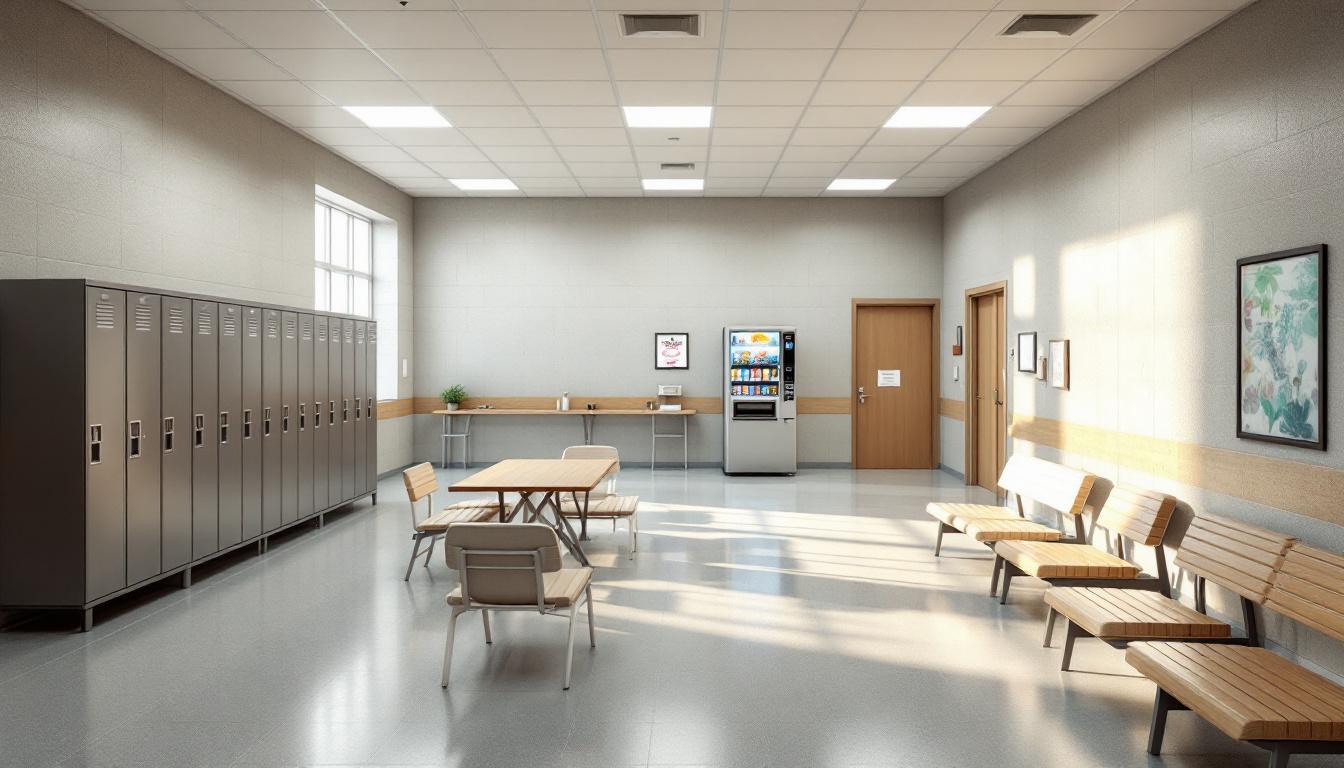
The rhythm of each day begins before dawn with standardized wake-up procedures that set the tone for structured activities. At present, residents follow carefully organized schedules that actively guide them through meals, work assignments, and programming opportunities. This consistent framework typically includes designated times for personal hygiene, facility maintenance duties, and educational or counseling sessions that deliver stability through predictable routines.
Living accommodations generally consist of shared housing units where residents maintain personal spaces within dormitory-style or cell-based arrangements. Meals are typically served in common dining areas at regular intervals, with menus planned to meet basic nutritional requirements. The facility usually provides recreational opportunities that may include outdoor exercise periods, television viewing in common areas, and access to reading materials. In addition to this, residents often participate in work assignments such as kitchen duties, laundry services, or facility cleaning that contribute to daily operations while providing structure.
Communication with family members typically occurs through scheduled visitation periods and monitored phone calls, helping residents maintain important connections to their support systems. Programming schedules may deliver educational classes, substance abuse counseling, or job readiness training depending on individual needs and facility resources. Despite this structured environment, residents generally have access to commissary services for personal items and may participate in religious services or other group activities. The combination of work responsibilities, programming participation, and family contact opportunities creates a framework that helps residents navigate their time while preparing for eventual reintegration into the community.
Ready to Connect?
Start communicating with your loved one today
Search for an Inmate
